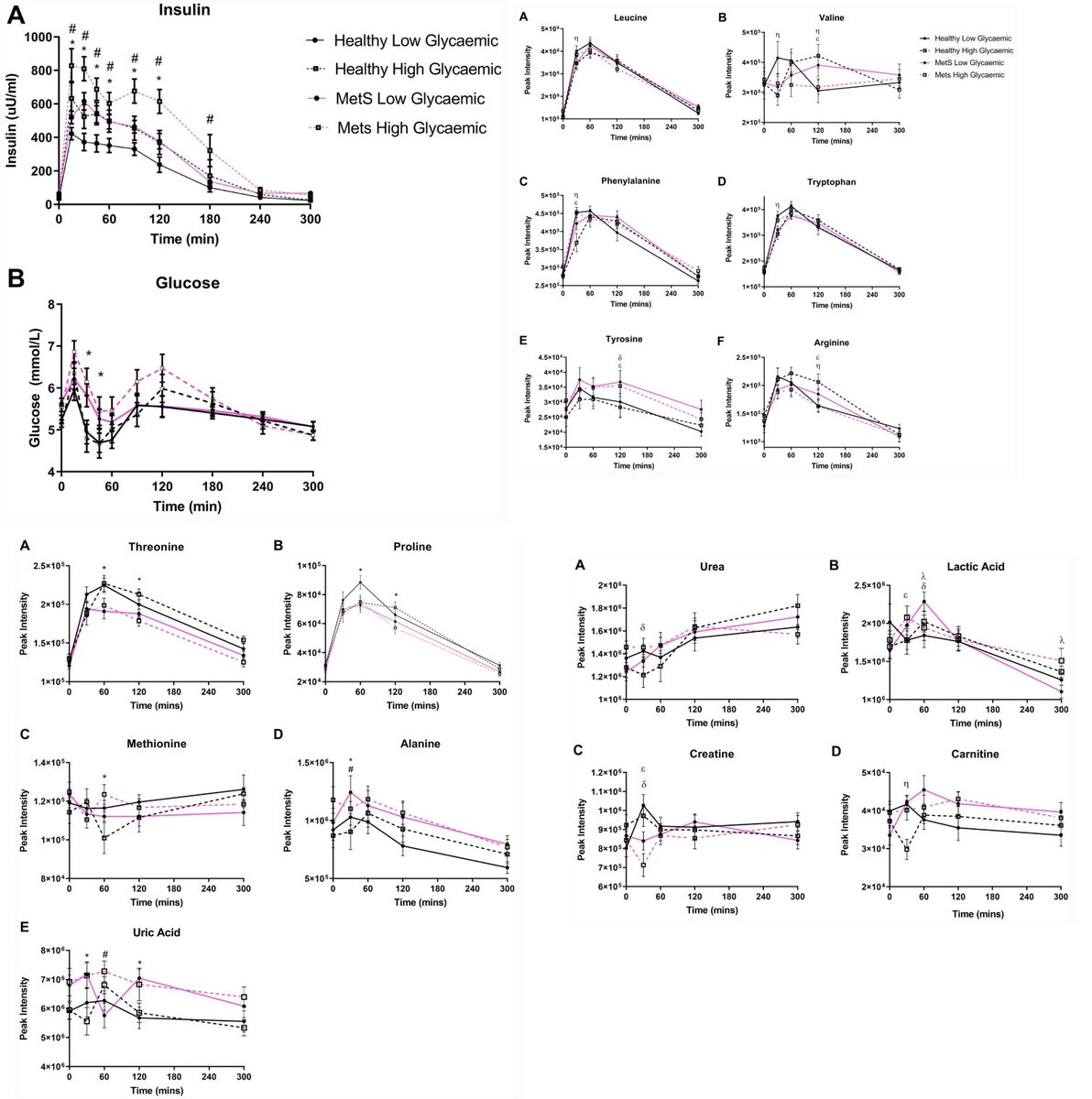In this one, a higher dietary flavonoid intake was associated with a decreased risk of diabetic nephropathy in US adults, especially flavan-3-ols, flavones, and anthocyanidins. 

- Logistic regression model revealed that total flavonoids were associated with a decreased risk of diabetic nephropathy.
- Restricted cubic spline analyses showed that when the intake of total flavonoids was more than 153.4 mg per day, the total flavonoid intake had a negative linear association with diabetic nephropathy.
Dietary flavonoid intake is associated with a lower risk of diabetic nephropathy in US adults: data from NHANES 2007–2008, 2009–2010, and 2017–2018
doi.org/10.1039/D3FO00…
#nutrition #diet
doi.org/10.1039/D3FO00…
#nutrition #diet
• • •
Missing some Tweet in this thread? You can try to
force a refresh

 Read on Twitter
Read on Twitter








